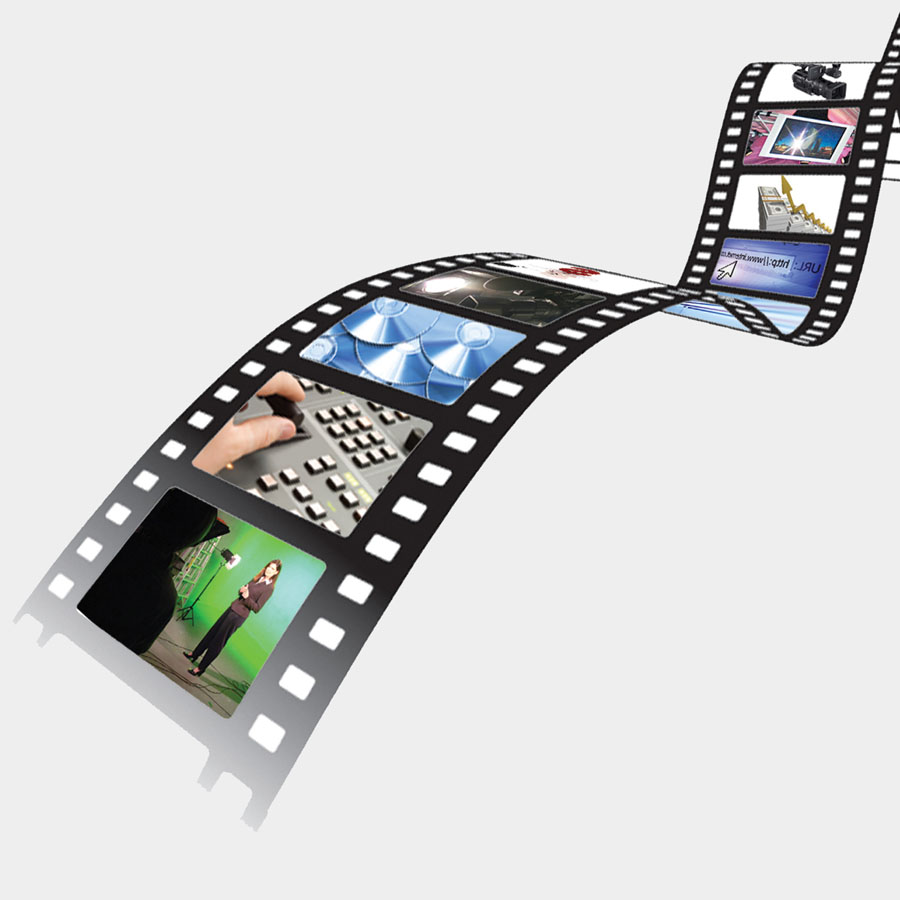
Okay. I 've been working rather hard to figure out who I will be able to contact and how I will contact them. I've decided that I want to display the community building power of the digital humanities as well as the learning power you can gain from employing digital means. I want to show how digital humanities enhance traditional studies and how beneficial they are to our current age.
I've noticed a few problems with the digital studies that I'd like to address:
-Why aren't the digital humanities more widely available to a more general audience?
And
-How can we promote the digital humanities to show to skeptics that this method/genre of study is significant and beneficial?
I've mulled over these questions and I've figured out that perhaps if I focus my attentions on a more informal audience and promote the digital humanities to them perhaps popularity will win over the more skeptical audiences. I also want to extend my feelers out to audiences who are studying the digital humanities in the digital world and interrogate (or simply question) their motives for studying the digital humanities as well as their desires for the future of digital studies, etc. Sound like a plan?
Well I like this plan anyway.
And here's who I plan to contact (so far anyway):
I stumbled across a blog from a woman/ professor who has devoted a great deal of time studying the digital humanities:
http://digitalscholarship.wordpress.com/
In this blog the creator, Lisa Spiro, hopes to study the digital humanities and the affect that they have on studies. She also hopes to promote digital scholarship and display the significance of the digital humanities to a wider audience.
Pretty cool right?
I hope that I can contact her and get her insight on how she hopes to achieve these things. I'm working through her blog right now, but I would love to do an interview with her through e-mail.
And as a added bonus, her blog led me to several other blogs with people who are hoping to achieve similar things! I haven't worked through all of the individual blogs yet but I have a few that are extremely promising:
http://academhack.outsidethetext.com/home/
This blog, created by David Perry (a professor at the University of Texas), and he discusses his hope to cultural transformation brought about through the digital humanities. In his own words he states: " Particularly I am interested in how traditional institutions-libraries, higher education, even democracy itself-will be altered in a post print society. To see some of my work visit the research page."
He mentions that he has a twitter, so I'm hoping to follow him and start questioning him (okay maybe stalk him) in hopes to better understand his motives and insights. I'll also be perusing his blog and gaining a better understanding of his research.
Still another blog that I've come across is this:
http://www.dancohen.org/
This blog run by Dan Cohen (A professor at George Mason University) delves into the "impact of new media and technology on all aspects of knowledge, from the nature of digitized resources to twenty-first century research techniques and software tools to the changing landscape of communication and publication."
He teaches this at George Mason University and his blog is merely an extension of that reasearch. I'm also hoping to get an interview with him and propose several questions to him about making the technology for the digital humanities more cost effective and available to the the more general public.
And like I said there are many more blogs that I'm going through and I'll be sure to update another list of people when Iget more information on the creators and credibility of the blog list.
But, I do have a small problem that I'm not sure how to overcome. I keep thinking of ways to promote the digital humanities to people on a more common level, i.e. not professors or researchers, but people in general. I'm trying to get specific people/groups that I can interview, but I'm not quite sure how to go about things.
Any suggestions?










